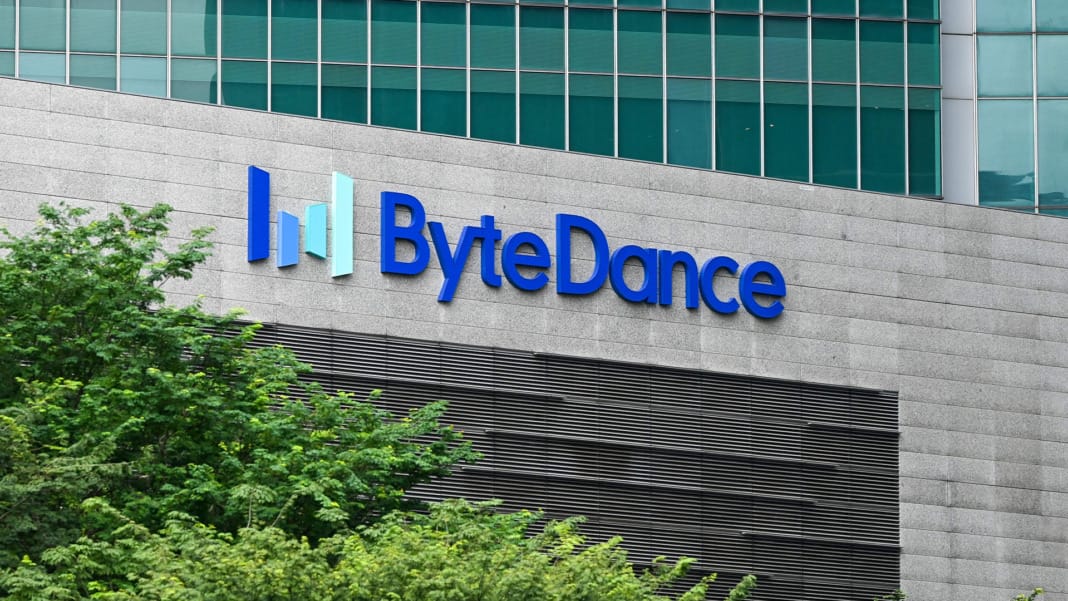ByteDance, the parent company of TikTok, is making significant changes to its gaming division, Nuverse, leading to mass layoffs. This decision comes after two years of modest performance in the gaming industry.
A surprising shift in strategy
In 2021, ByteDance’s foray into gaming garnered attention, marking it as a key business unit and a potential rival to established players like Tencent, NetEase, and MiHoYo. However, despite high expectations, Nuverse has not met its targets, prompting a major scale-down. This move has caught many employees off guard.
A ByteDance spokesperson stated, “We regularly review our businesses and make adjustments to center on long-term strategic growth areas. Following a recent review, we’ve made the difficult decision to restructure our gaming business.”
The impact on employees and operations
The layoffs began on Monday, leaving many Nuverse employees uncertain about their future. The exact number of affected employees remains unclear, but Nuverse had grown to about 3,000 staff by 2021 and maintained that size over the past years.
ByteDance had also invested significantly in acquisitions, including a US$4 billion purchase of Moonton, a Shanghai-based studio. However, there are reports that ByteDance is considering selling Moonton, with discussions underway with a Saudi Arabia-based firm.
Challenges in replicating TikTok’s success
ByteDance’s gaming struggles raise questions about the effectiveness of its data-driven approach, which propelled TikTok to global success. Unlike the immediate engagement of short video apps, successful video games often require a longer and more patient development process. Tencent and NetEase, ByteDance’s rivals, have increasingly focused on games with longer development cycles.
The lack of a major hit or commercial success has led ByteDance to reevaluate Nuverse’s role as a key revenue source. ByteDance, still a private company partly due to U.S.-China tensions, must now reassess its strategies in the gaming sector.
Broader implications for the Chinese internet industry
The cutbacks at Nuverse come at a challenging time for the Chinese internet industry, which has faced regulatory crackdowns and economic pressures. The video gaming sector, in particular, has struggled with license approval delays and limited recovery prospects due to macroeconomic challenges.
ByteDance’s decision to scale back its gaming ambitions marks a significant shift in its business strategy and adds to the ongoing challenges facing the Chinese tech sector.





